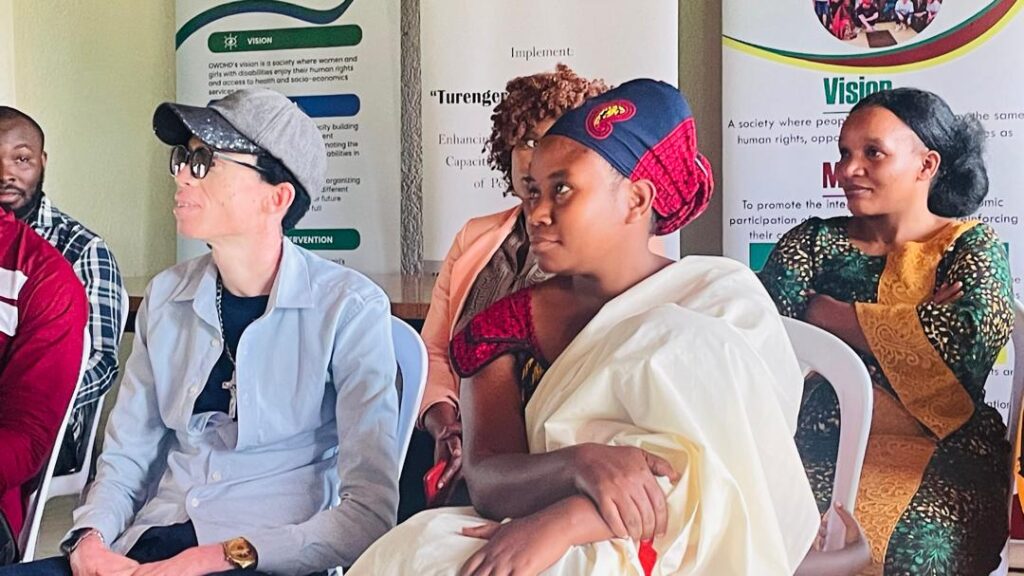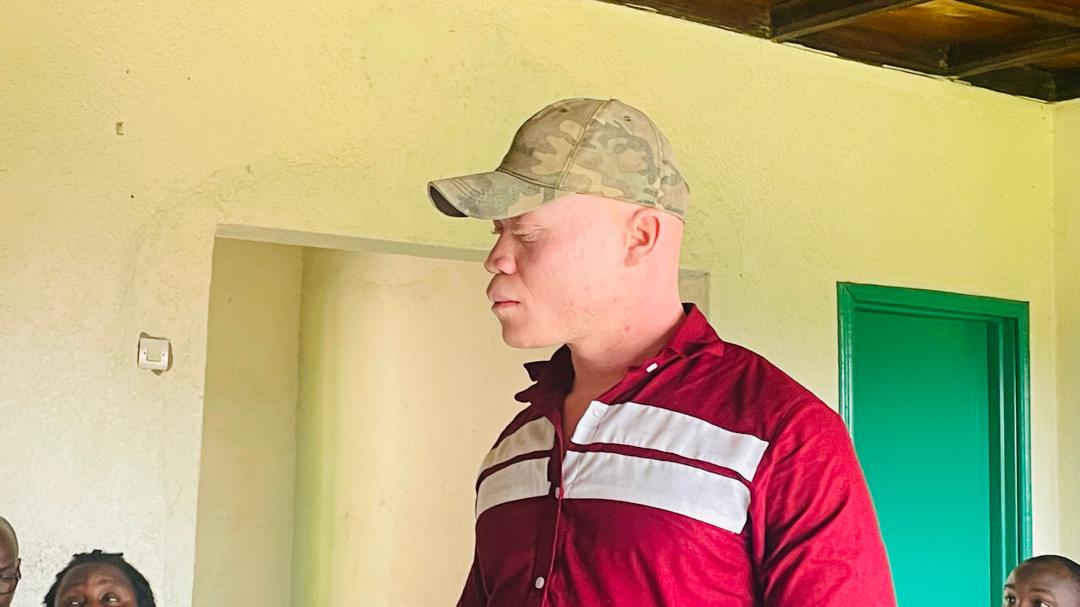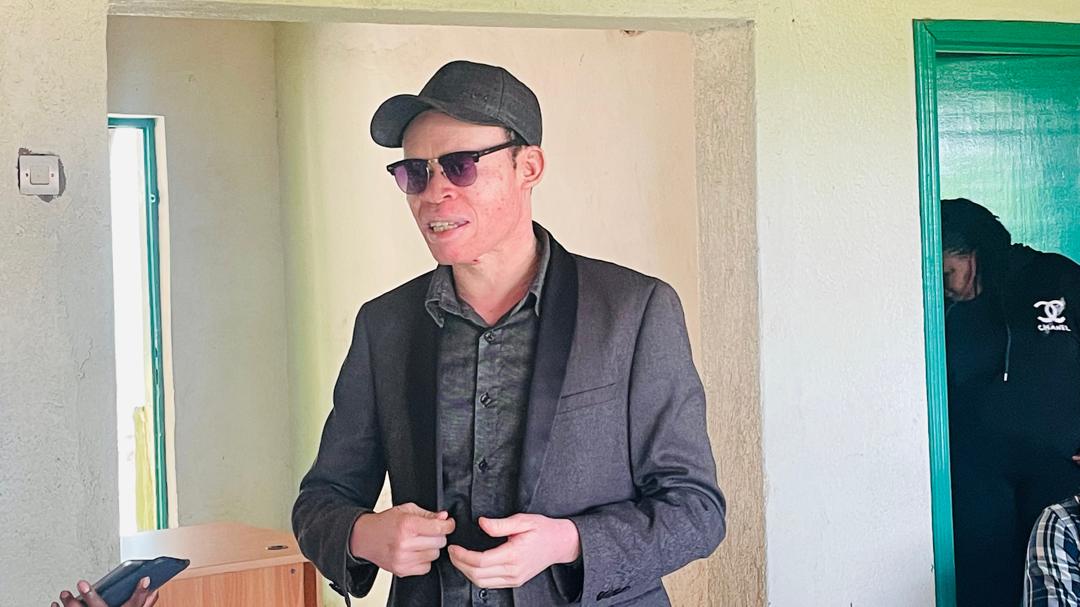Climate change is giving hard times to People with Albinism

Climate change is one of factors that affect people with albinism due to the scarcity of Melanin protein in their body, which makes them more vulnerable to the sun.
Niyomwungeli Kalisa, a 26-year-old resident of Nyarugenge District and the third child in his family, shared a testimony of the particular time when they are most affected.
He said: “The climate change often affects us especially during the dry season when there is so much sun and hit, too hard to bear for us.”
This becomes particularly difficult for Kalisa who has to keep his clothes of a mechanic, which increases the hit.
“In most cases, we work from open air garages which is hard for me to resist during the dry season. I have tried to make clothes that cover the whole body, with a beret that prevents the sun from hitting me directly,” Kalisa said.

Meanwhile, during the dry season, he makes sure that he has the appropriate cream for his skin, which gets drier when exposed to too much sun. When he fails to apply it regularly, he spends a sleepless night.
“Our skin is very demanding. When you don’t apply the lotion during the day, at night you feel like you were beaten hard, to an extent that even sleeping becomes impossible,” Kalisa said.
The risk to attract skin cancer
The challenge posed by the sun is a factor that brings many difficulties to people with albinism. Charles Komezusenge, vice president of the Organisation for Integration and Promotion of People with Albinism (OIPPA), says that having grown in a place where he did not have information on skin protection, he attracted cancer.

He said: “Growing up, I found myself the only person with albinism in the whole village. After secondary school, I went for a job in Public Works, but didn’t know much about protecting my skin,” he said.
“I would care little about my clothing style; I would present some skin diseases, and going to seek medication, the situation could only worsen because I was not doing the right thing.”
Komezusenge was only lucky that the cancer was detected before reaching bones, and was treated successfully within five to six months.
Thankful to Rwanda government for providing skin protection cream
People with albinism are thankful to the government of Rwanda for helping them access their appropriate cream which serves as sunscreen.
“I use two bottles of the cream per month which I buy at Rwf 250 per unit. We are really thankful because before this, the cost was literally exorbitant,” said Kalisa.
Murekatete Claudine, a resident of Masaka sector, Kicukiro District and a mother of five including two sons with albinism said that she was lucky to have the cream while the children were still young, which helped protect their skin.
“I was lucky to have a kind person who used to buy the cream for me. The young boys have grown to become handsome because I was consistent,” she said.
“Now that we get the cream on health insurance, it has become affordable for all.”

The word of gratitude is also shared by Komezusenge. He is thankful that the government has added the cream on health insurance, but he also has another request to make.
“If the government could add free skin cancer screening service for people with albinism, at least once a year, so that there can be early diagnosis and timely treatment,” he said.
In the fifth general housing and population census of 2022, it was found that 1862 people aged above five years had albinism. The organization of people with albinism said that every year, at least one member succumbs to skin cancer.
Nadine Umuhoza

